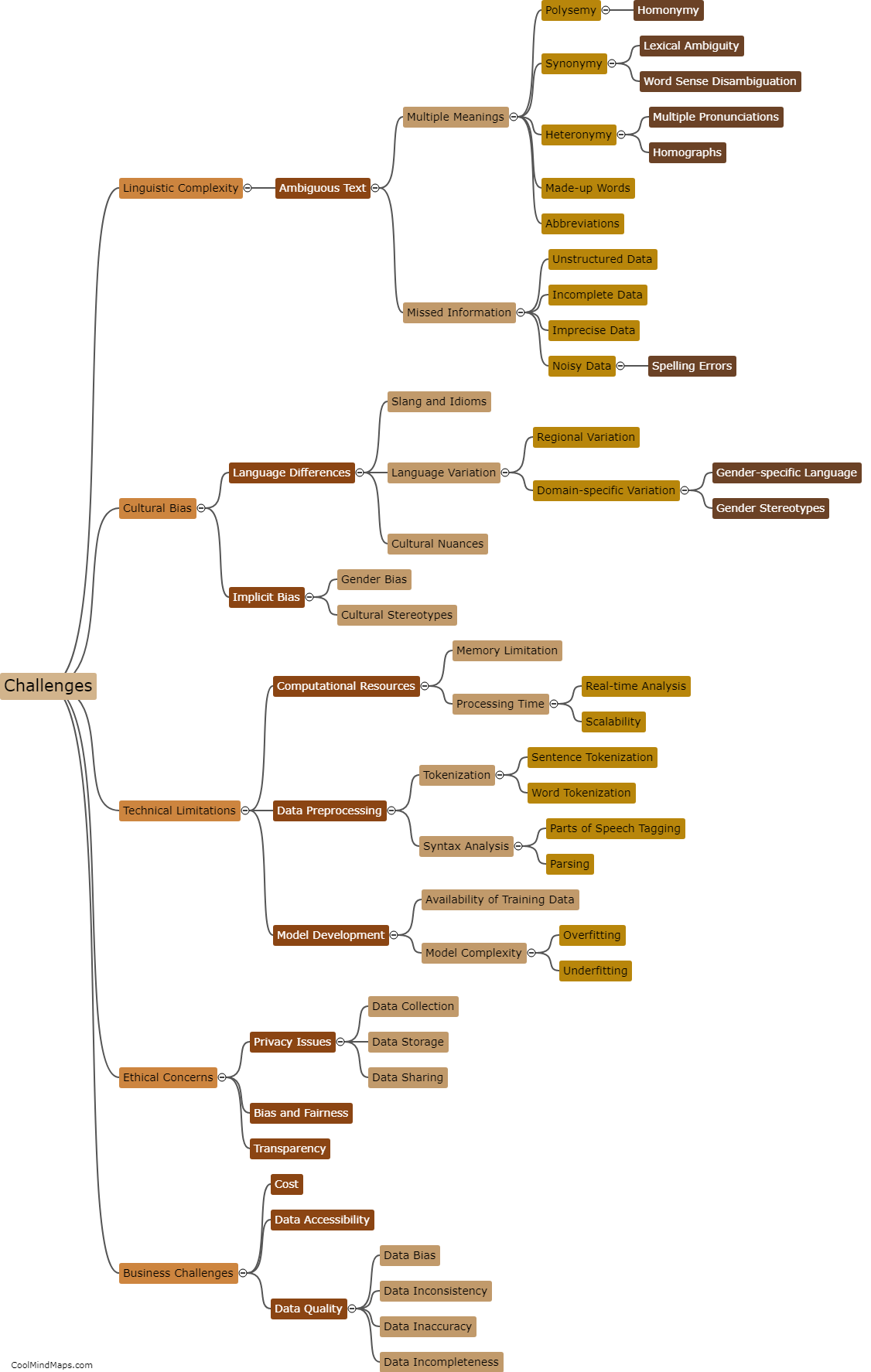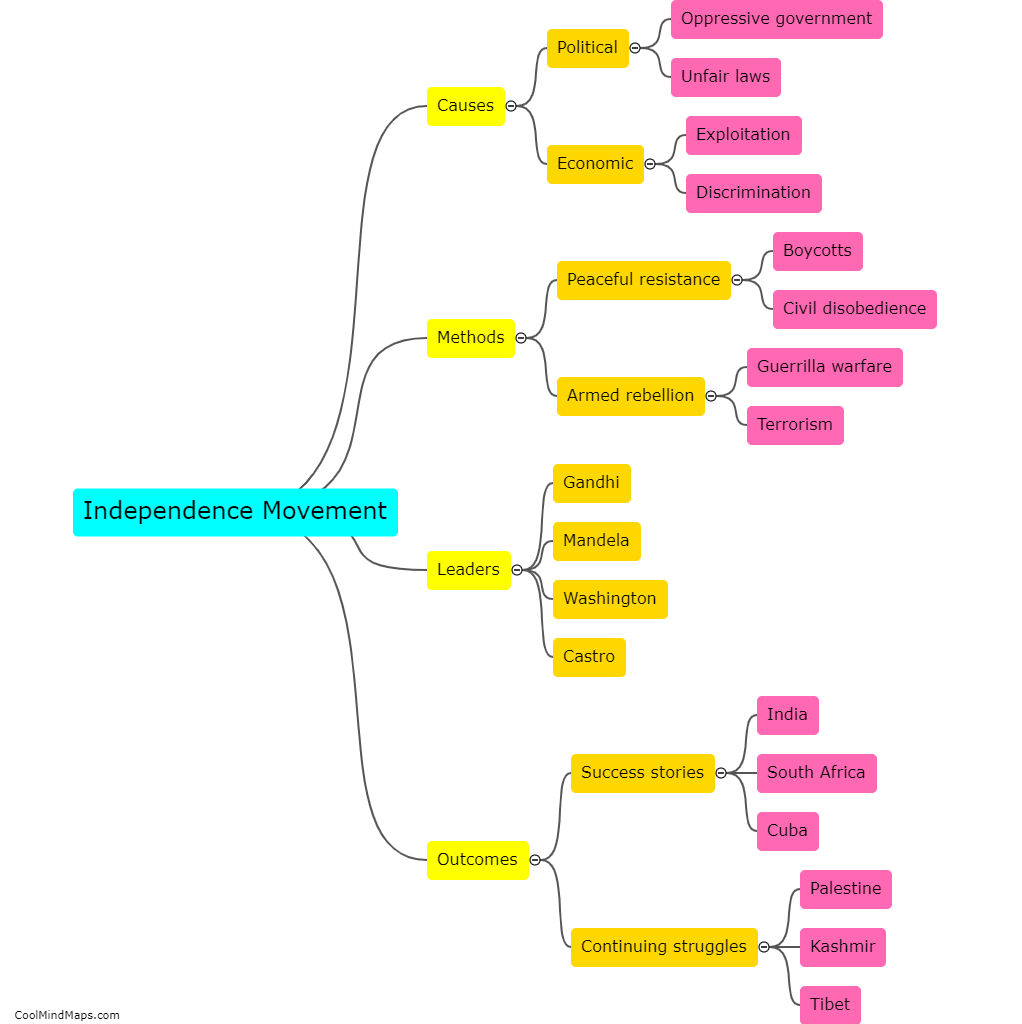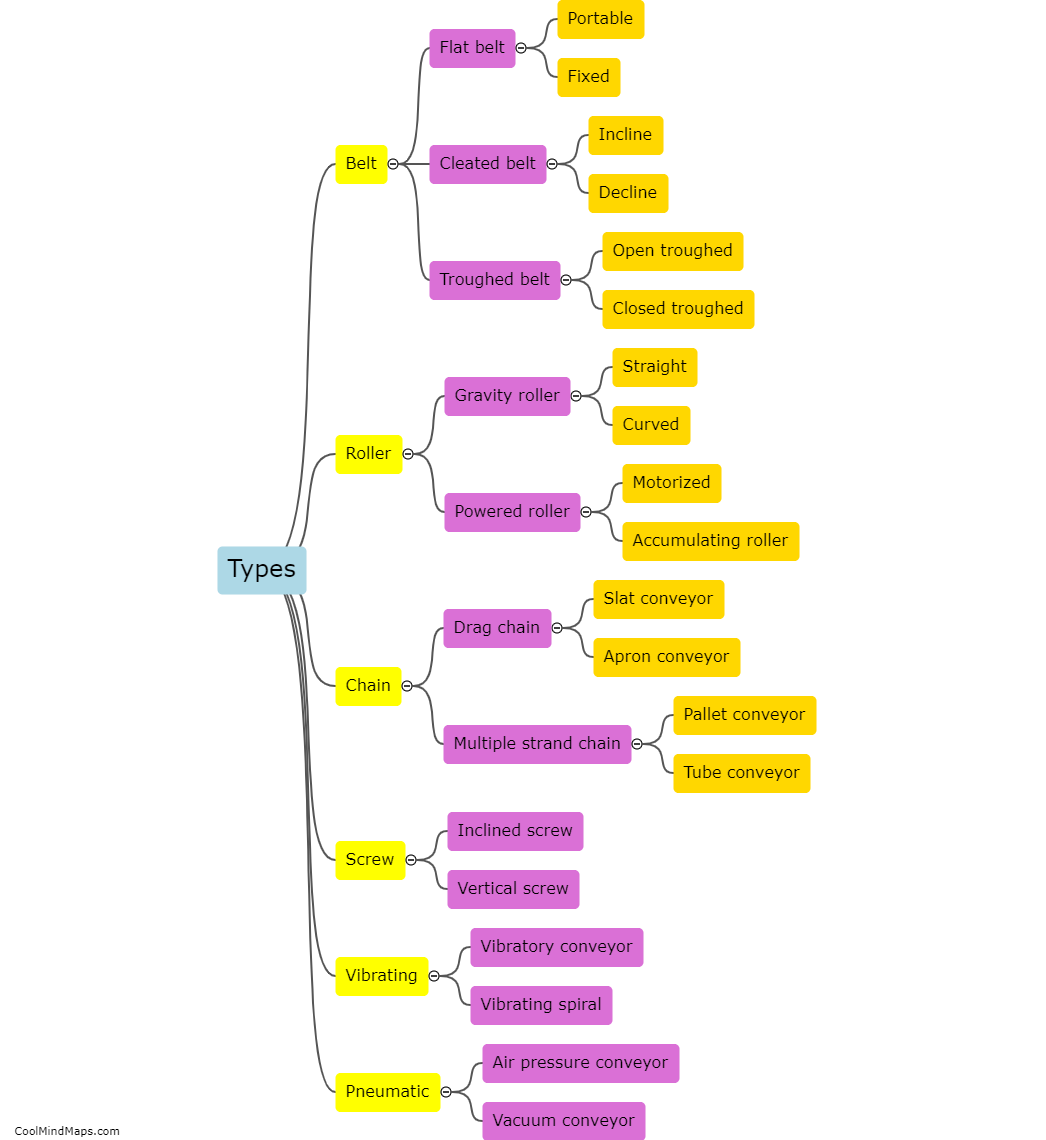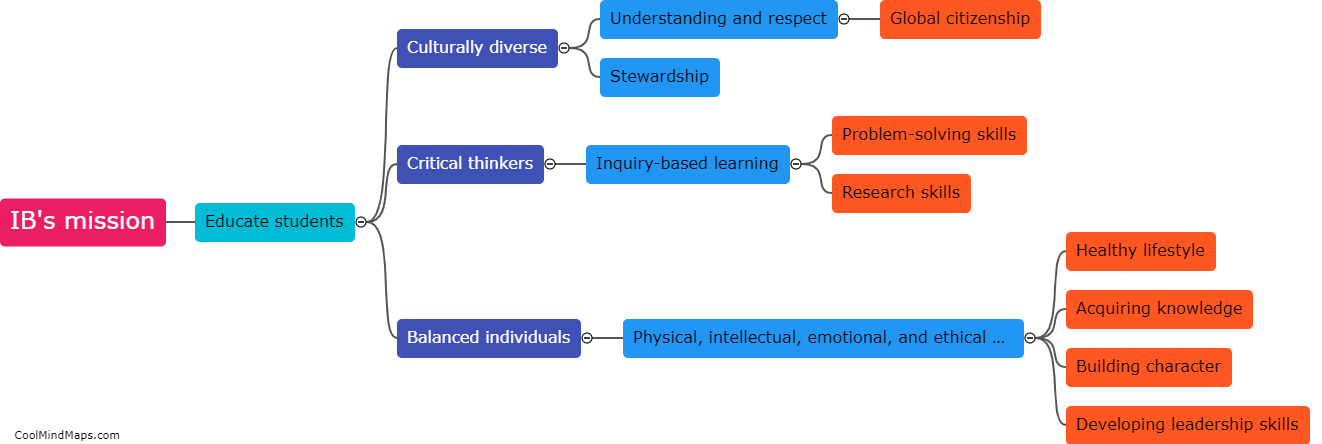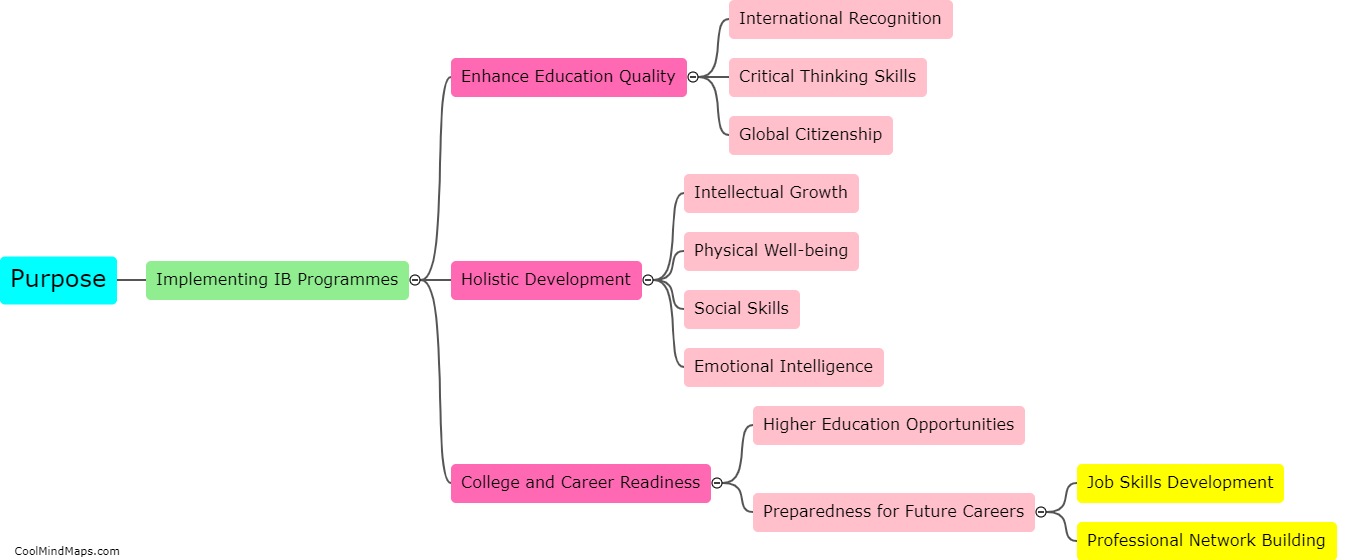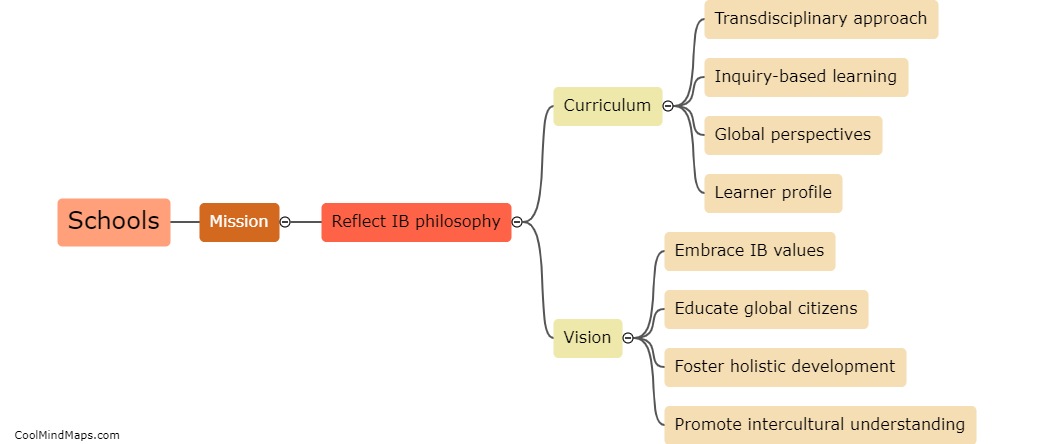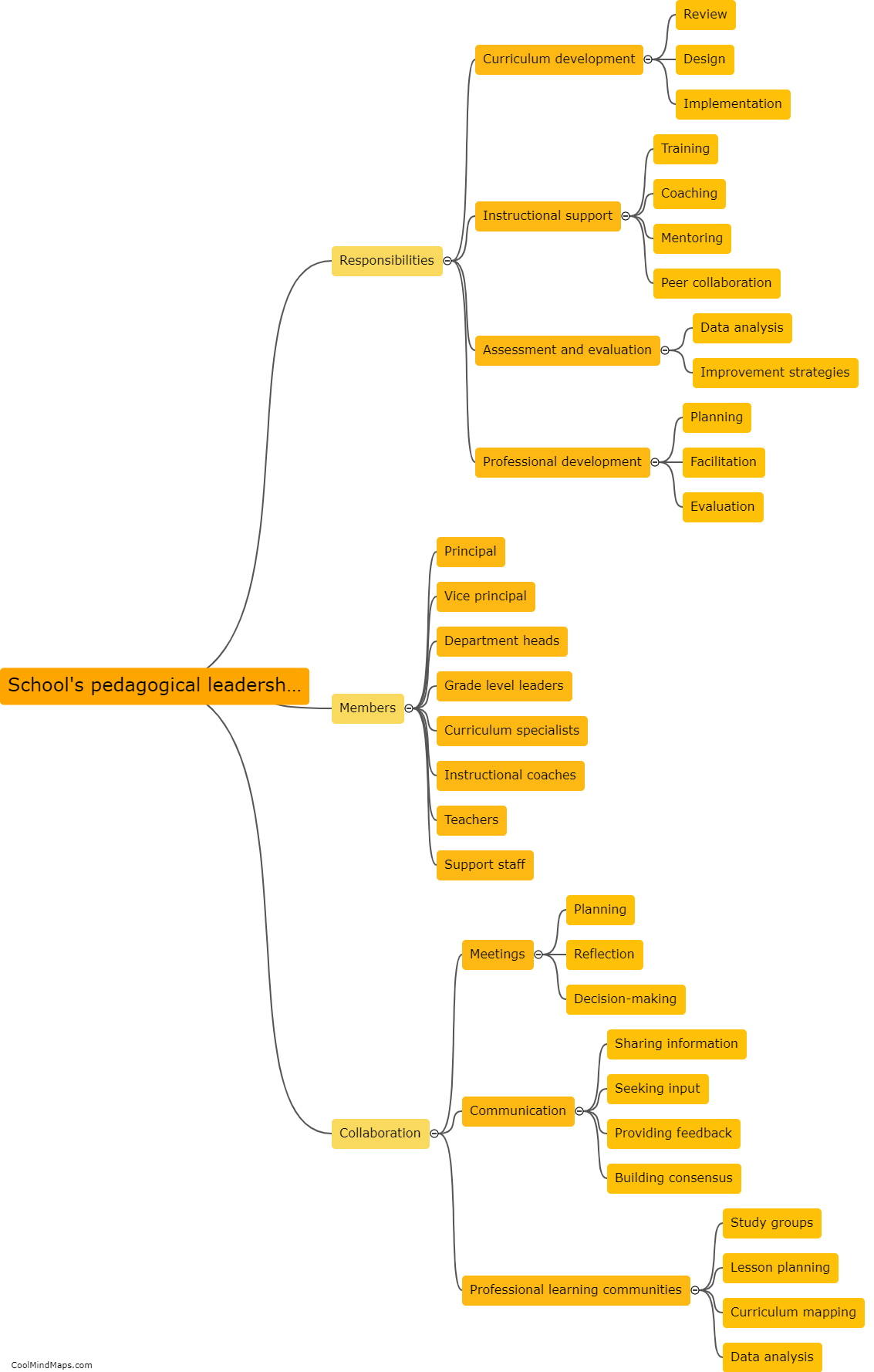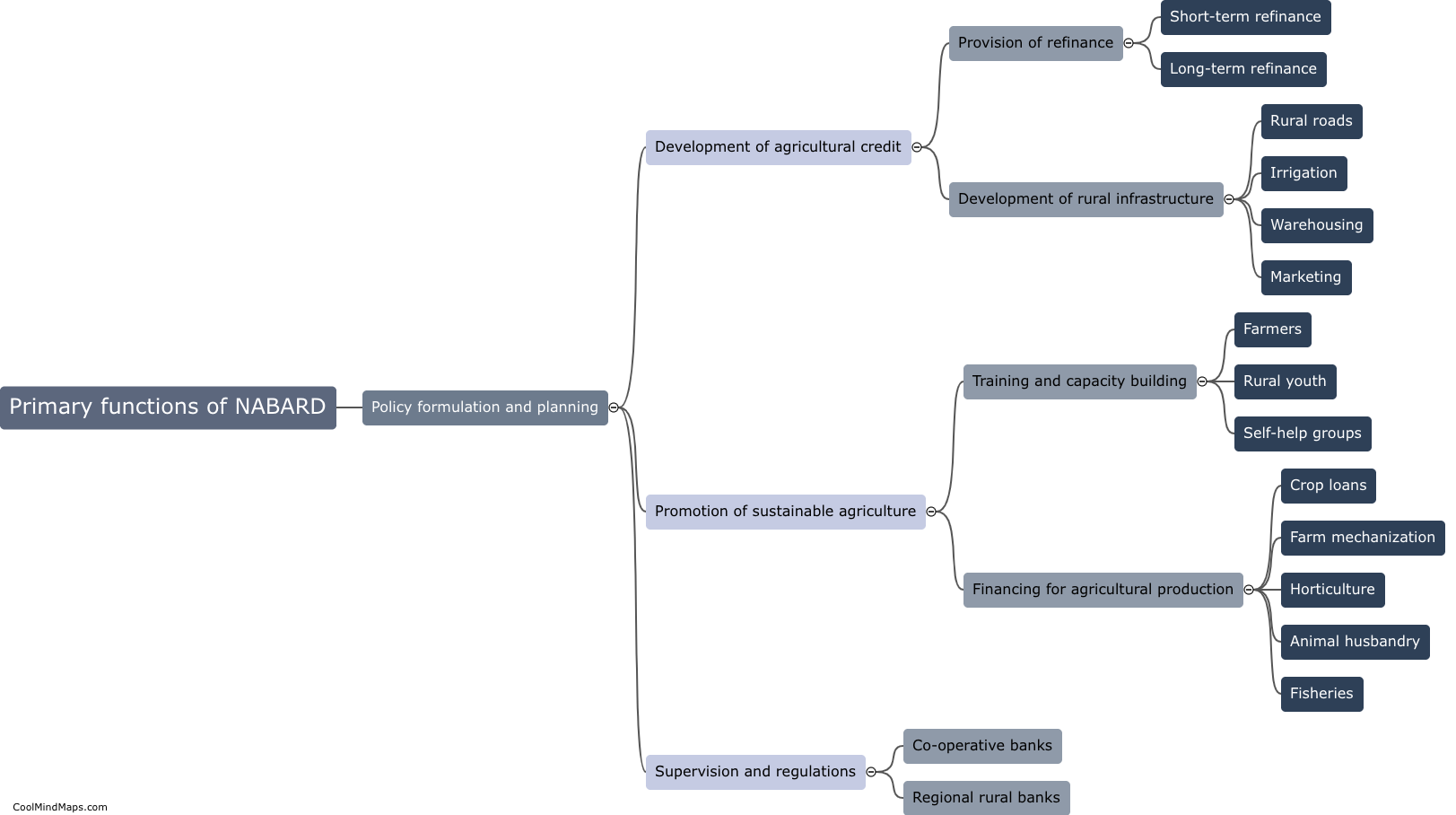How can schools encourage awareness beyond the individual and immediate community?
Schools can play a crucial role in promoting awareness beyond the individual and immediate community by implementing various strategies. First and foremost, schools should incorporate global and multicultural perspectives into their curriculum, exposing students to different cultures, traditions, and world issues. This can be achieved through interdisciplinary projects, guest speakers, and field trips that expose students to diverse perspectives and challenges from around the world. Additionally, schools can encourage students to engage in service learning projects that focus on addressing global issues such as poverty, environmental conservation, or human rights. By connecting classroom learning to real-world problems, schools can foster a sense of global citizenship and encourage students to take action beyond their immediate community. Additionally, schools can leverage technology and digital platforms to connect students with peers from different parts of the world, allowing them to collaborate on projects and exchange ideas. By actively promoting awareness of global issues, schools can empower the next generation to become active global citizens and make positive contributions to society on a larger scale.

This mind map was published on 4 January 2024 and has been viewed 111 times.
